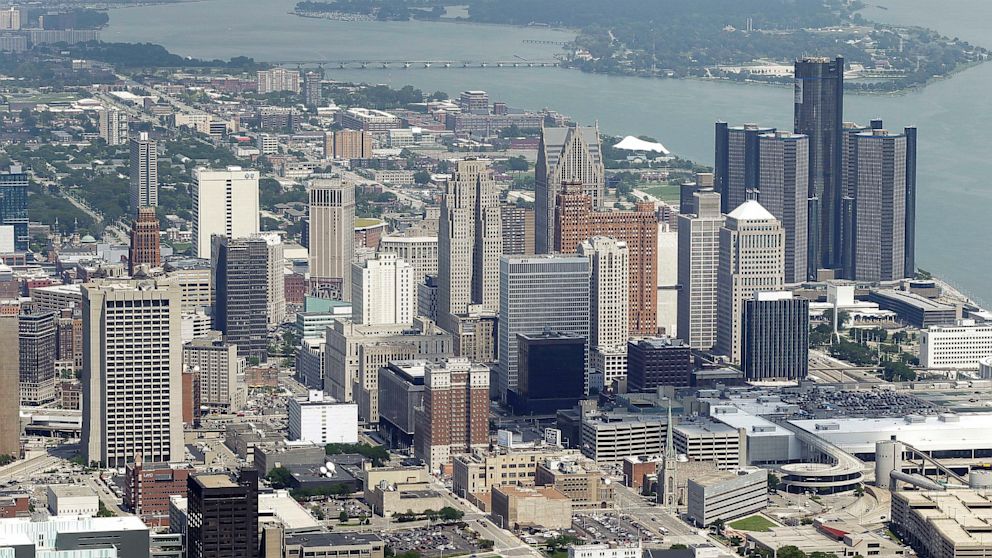Detroit's comeback can't work if most are left behind
The collective chant is that “Detroit is coming back.” As though someone switched on a light, there is a renewed interest in the city, and that’s a good thing. For some. While new businesses and capital investments make the headlines, right under the latest on Detroit’s bankruptcy, is the mention of how many new jobs these new ventures will bring. For some.
Bringing jobs is one thing; preparation by the masses to qualify for them is an entirely different conversation. According to the Bureau of Labor Statistics, Detroit’s unemployment as of December of 2013 was 8.0 percent. While down from 10.2 percent for the same period the previous year, it is still higher than the national average of 6.5 percent. Looking around the city, it still seems even higher. For some.
The new businesses coming are bringing jobs to the city, but not necessarily new ones. When the jobs are new and open, they are for those who are educated, experienced and qualified, leaving many Detroiters out of that equation.
According to the Detroit Regional Chamber, more than $10 billion in investments are planned, active or completed in commercially key and stable areas in the city. It represents the “trickle-down urbanism” that author and native Detroiter Thomas Sugrue says will not salvage or save Detroit, as the jobs created as a result are for a specific audience and not the kind that will help the city or many of its residents emerge from generational poverty.
While I applaud those who publicly advocate for job allocation for Detroiters, it is an empty cry that falls upon unqualified ears. According to the most recent estimates by the National Institute for Literacy, approximately 47 percent of Detroit adults were functionally illiterate. And, it was also found that half of that estimated illiterate population had a high school diploma and that one in three workers in Michigan lack the necessary skills to pursue higher education.
So, what does this mean? This means that while some improvements may — and I use that term generously — have taken place within our public schools systems, we are still dealing with systemic unpreparedness. Those who are unable and maybe incapable of taken advantage of retraining or learning new skills are left out of the equation of Detroit’s revitalization unless there is an aggressive and multi-pronged approach that includes redefining public education, an elevation in value for education especially by those who don’t have it, and the creation of low-skilled but fair-waged jobs for those who can and want to work.
Without such a creative, comprehensive and even lofty solution, there will remain a population in Detroit that is unable to participate or contribute to the city’s growth and sustainability. Instead, they become or remain by oversight or design, the forgotten ones.
See what new members are saying about why they donated to Bridge Michigan:
- “In order for this information to be accurate and unbiased it must be underwritten by its readers, not by special interests.” - Larry S.
- “Not many other media sources report on the topics Bridge does.” - Susan B.
- “Your journalism is outstanding and rare these days.” - Mark S.
If you want to ensure the future of nonpartisan, nonprofit Michigan journalism, please become a member today. You, too, will be asked why you donated and maybe we'll feature your quote next time!


 An impressive city skyline can't hide the pervasive problem of a poorly educated citizenry. (File photo)
An impressive city skyline can't hide the pervasive problem of a poorly educated citizenry. (File photo)